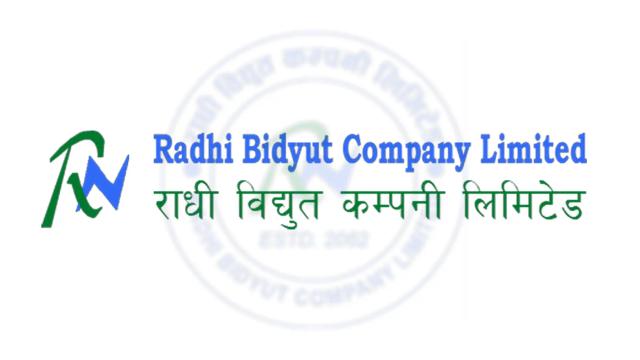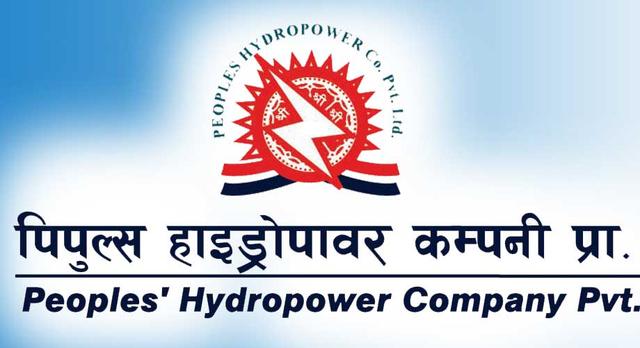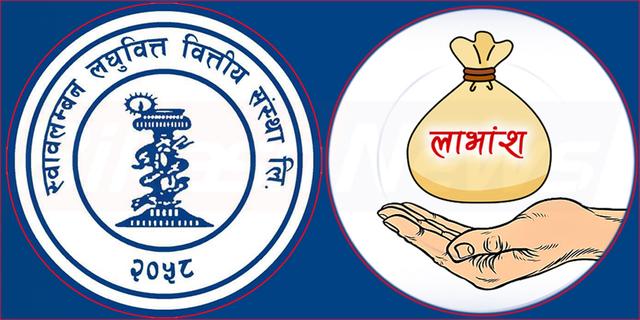Governor Appointment in Limbo as PM Oli Opposes Dr. Bishwanath Paudel’s Nomination
Author
NEPSE trading

Kathmandu – The process of appointing the next Governor of Nepal Rastra Bank has hit a roadblock as Prime Minister KP Sharma Oli has reportedly refused to approve the candidacy of economist Dr. Bishwanath Paudel under any circumstances.
According to sources familiar with the matter, the selection committee had been preparing to recommend three names for the position, including Dr. Paudel. However, PM Oli intervened at the last moment, instructing committee coordinator Bishnu Prasad Paudel to only submit the names personally approved by him — effectively halting the entire process.
While earlier discussions had suggested a mutual understanding between PM Oli and Nepali Congress President Sher Bahadur Deuba to appoint Dr. Paudel as a consensus candidate, the Prime Minister’s recent change of stance has created friction between the two leaders.
Reportedly, PM Oli raised concerns that legal complications might arise from appointing Paudel, suggesting an alternative candidate should be considered. However, Deuba is said to have insisted on standing by their agreement, reportedly telling Oli, “Cases may come and go — we must stick to our word.”
PM Oli, on the other hand, is said to be firmly against appointing someone he reportedly doesn’t have a personal rapport with, which has led to the indefinite suspension of the appointment process that was expected to be finalized on Monday.
Despite repeated questions, PM Oli has not publicly disclosed who his preferred candidate for Governor is. His continued insistence on overriding previous agreements has sparked criticism within political circles, particularly from the Nepali Congress.
This is not the first time such disagreements have arisen. Previously, Deuba had backed former executive director Gunakar Bhatta for the Governor role, even securing his resignation from the post — but Oli eventually rejected that move as well.
Currently, the selection committee is under pressure from the Prime Minister to present only those names that align with his choice. This has raised serious concerns about political interference in the central bank’s leadership and the lack of transparency in such critical national appointments.



